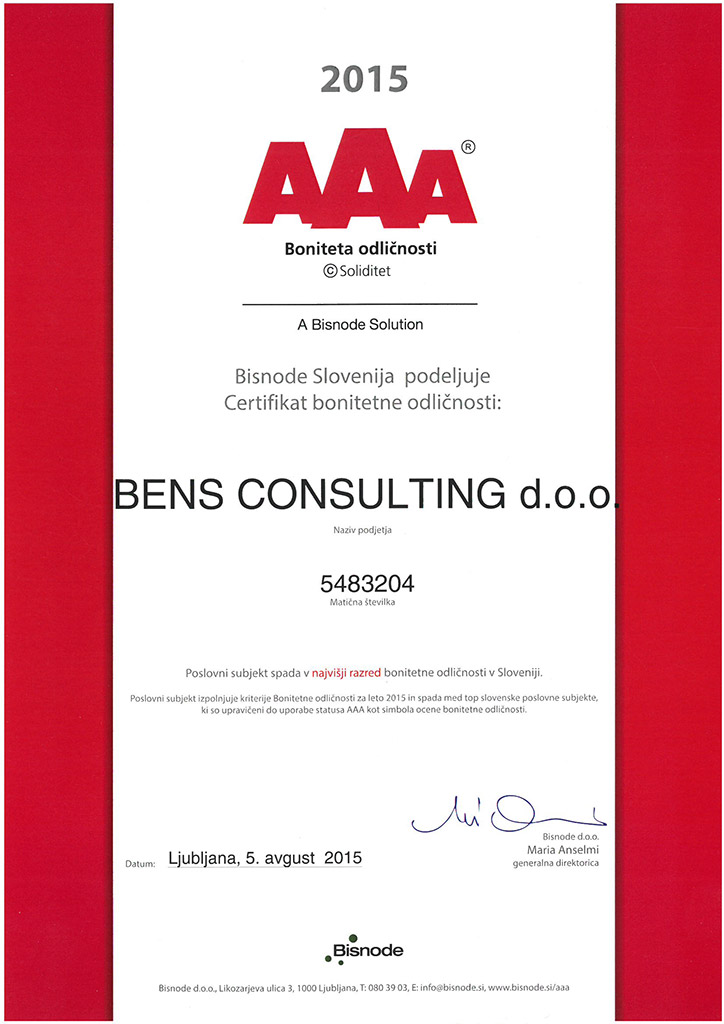As of ECHA's publication of the PCN notification submission portal we have been slowly acquiring information about how the system will work in practice and how companies should prepare for it.
One of the questions that we have received from you, is:
In Slovenia, a company can avoid the first deadlines for UFI and PCN, if hazardous mixtures, inserted or manufactured, are reported at the Chemicals Office via the national data reporting system in the ISC (Information System for Chemicals). What about hazardous mixtures for which, in accordance with the Rules on reporting data for chemicals, data do not have to be reported (e.g. candles, fertilisers, oils and oil derivatives for fuel/heating)? What about biocidal products and plant protection products which may not be reported in the ISC?
Here are our answers to those questions.
- Biocidal products
UFI and PCN are not needed until 1 January 2025 or until the formulation change for biocidal products for consumer use, which have been notified in Slovenia according to the national procedure or authorised, but only if they were or will be entered in the biocidal products register before 1 January 2020.
- Plant protection products
This exception unfortunately does not apply for plant protection products. As of 1 January 2020, UFI and PCN will be mandatory for all plant protection products that have been placed on the market for consumer use. These companies are advised to contact their manufacturers or first importers with regard to their obligations on reporting PCN and UFI codes.
- Hazardous mixtures, for which data do not have to be reported according to the national procedure
Those chemicals are actually determined in the rules as chemicals, for which data do not have to be reported. In the case of mixtures that belong in the categories of exceptions with regard to the rules on reporting data for chemicals (fertilisers, candles, cements and similar), companies are advised to report them anyway. The reporting procedure in the ISC is simpler than the PCN procedure.
There are agreements with the industry in progress about the accurate implementation of legal provisions as per Appendix VIII, i.e. for some categories of chemicals for which certain exceptions apply in other parts of the CLP Regulation, therefore, modifications can still occur in this area.
The legal obligations as per Appendix VII of the CLP Regulation will start to apply in six months. Regardless of your position in the hazardous chemicals' supply chain, we recommend you to prepare for 1 January 2020, because the changes will impact all members of the supply chain – from producers of raw materials and formulators to distributors.





 Back to posts
Back to posts

